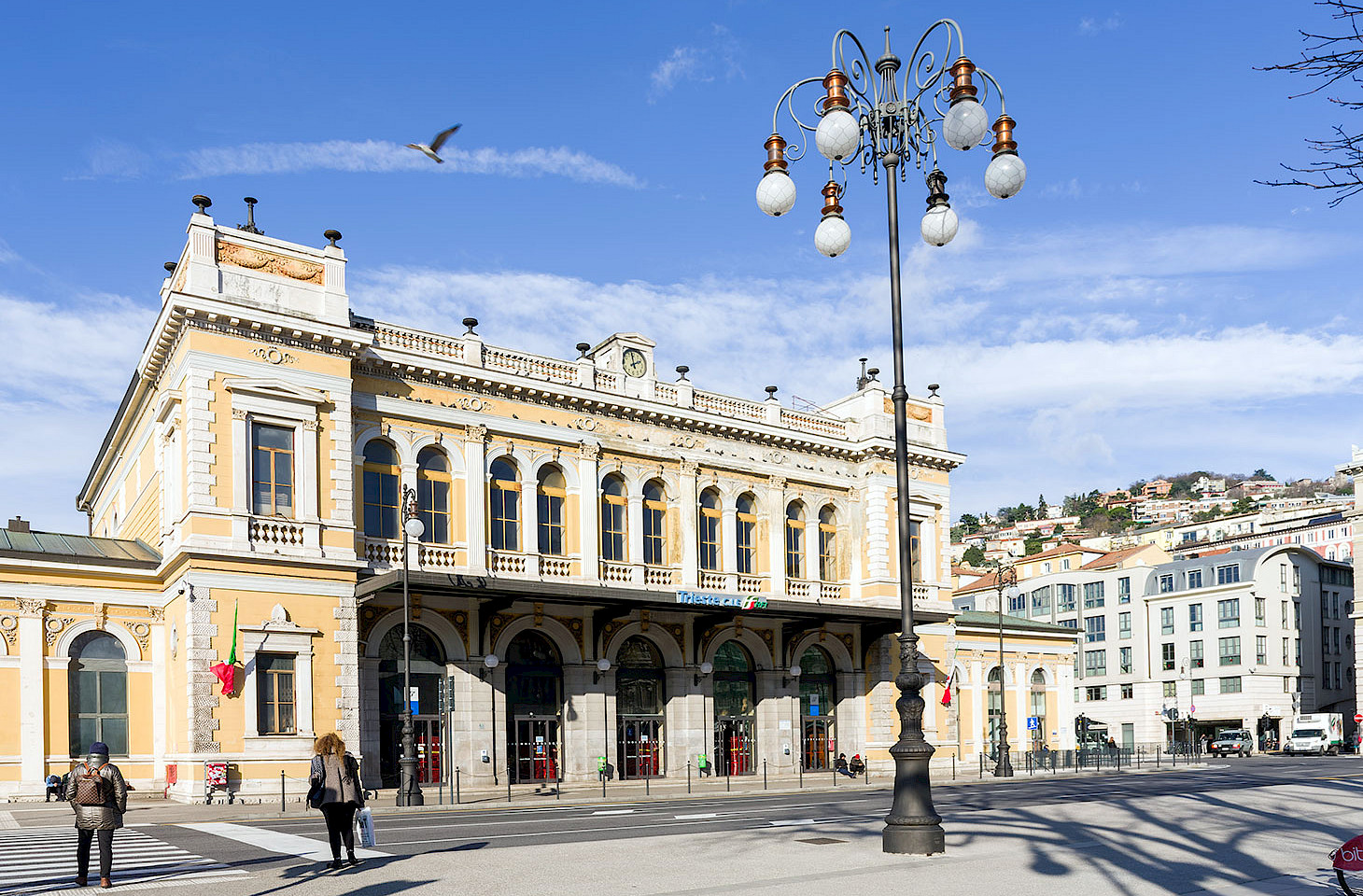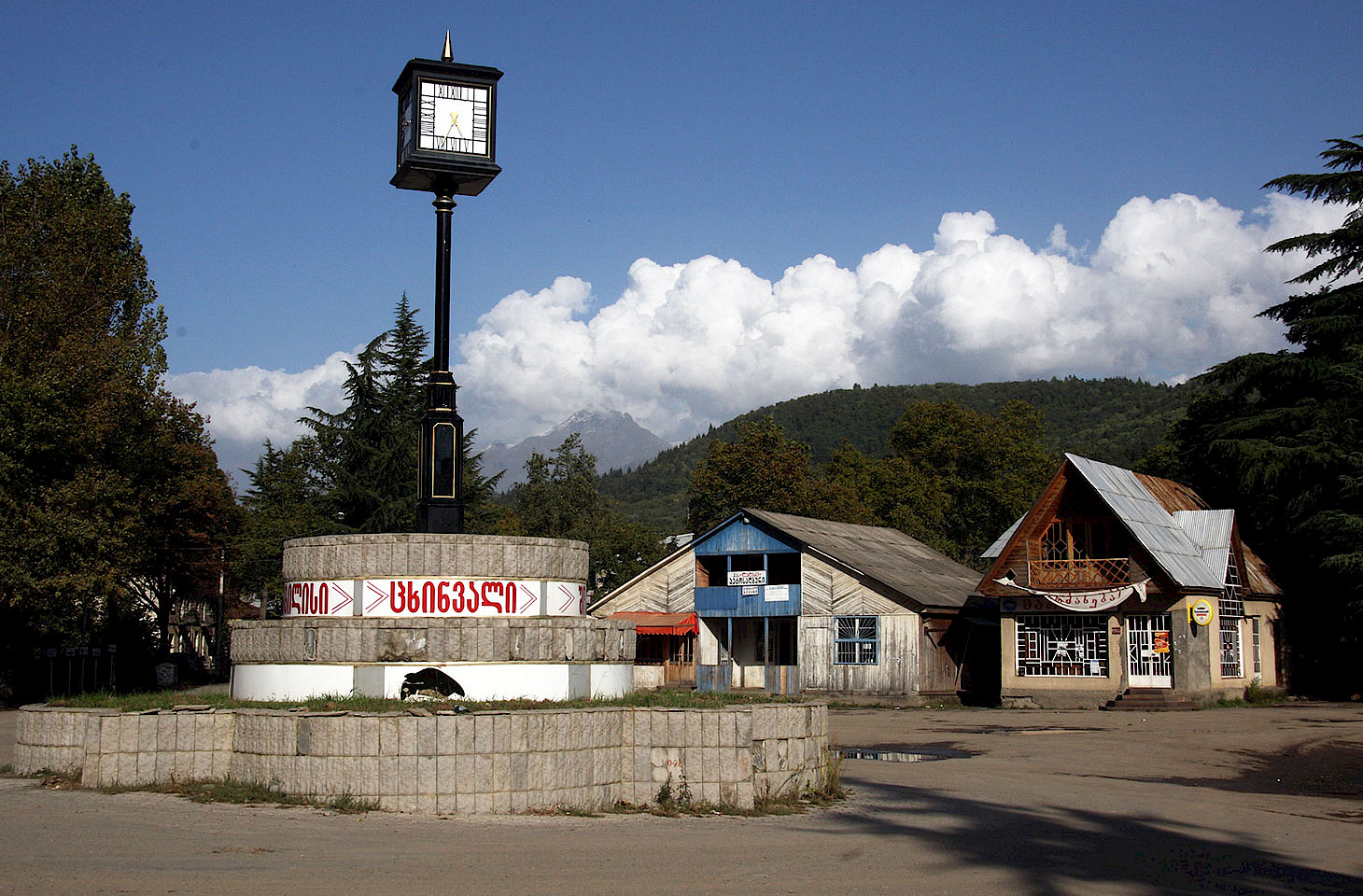The rarity of a month with five Saturdays or five Sundays, typically no more than four in a year, offers exceptional opportunities to those who draw up timetables. Churches have been quick to exploit the fifth-Sunday opportunity, with many reserving these rare occasions to have a joint service with a neighbouring Christian community. Churches that compete for souls most of the time are overcome with ecumenical spirit when there is a fifth Sunday in a month.
In some parts of England where amalgamated Anglican parishes have many churches, there are instances of a Sabbath service being celebrated in one of the smaller churches only on a fifth Sunday of the month. Whether God intended the psalms to be recited so rarely is quite another matter. The Maronite community in Germany has a complicated schedule of services that relies on there being four Sundays in a month. When there is a fifth Sunday in the month, the entire church just takes sabbatical leave and enjoys a day off. The Almighty, we hope, looks benignly on this ‘fifth-week syndrome’ that afflicts the Maronites.
Bus services can also be affected by this rare syndrome.




